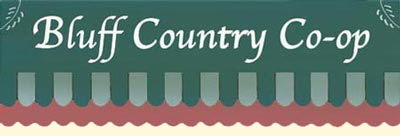If a tour is NOT part of a class, but a voluntary trip, students and WSU employees must sign a waiver before going out to the farm. The tour leader should collect the signed waivers at the start of the tour and turn them in to Lori Mikl in Legal Affairs, Somsen 202A, when they return to campus.
Important arrangements to confirm prior to your farm visit…
- Date(s) and time(s)/length of visit
- Directions, road conditions
- Parking
- Bathroom
- Discuss EXACTLY what the host farmer will provide (a tour, field to sit in, chairs for students to sit in, farm product samples, etc.)
- Communicate the educational goals for your students to the host farmer directly.
- Clarify the number of people the host farmer can expect. Will you require more than one tour day/time?
- Figure out “Plan B” in the event of weather/emergency.
- Discuss special needs (food, water, tools, mud boots, farm vehicle, farm tools, etc.)
- Determine your transportation options for getting students to the farm. Limited funds are available for school vans. Contact Joan Francioni, 457-2336 (jfrancioni at winona.edu) for further information.




